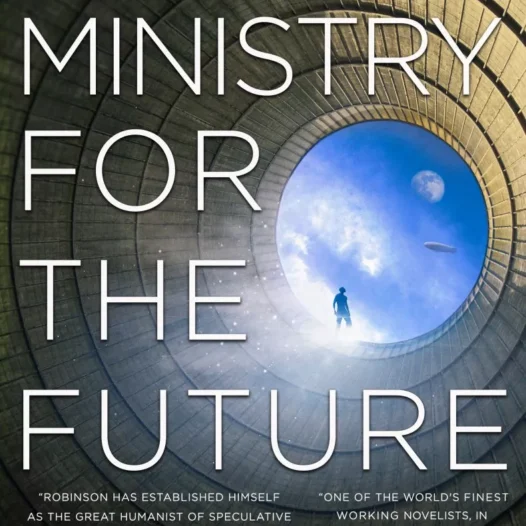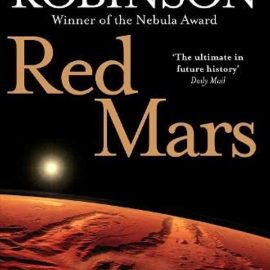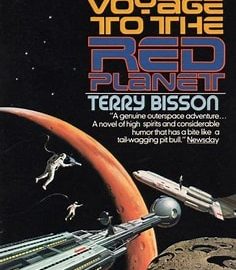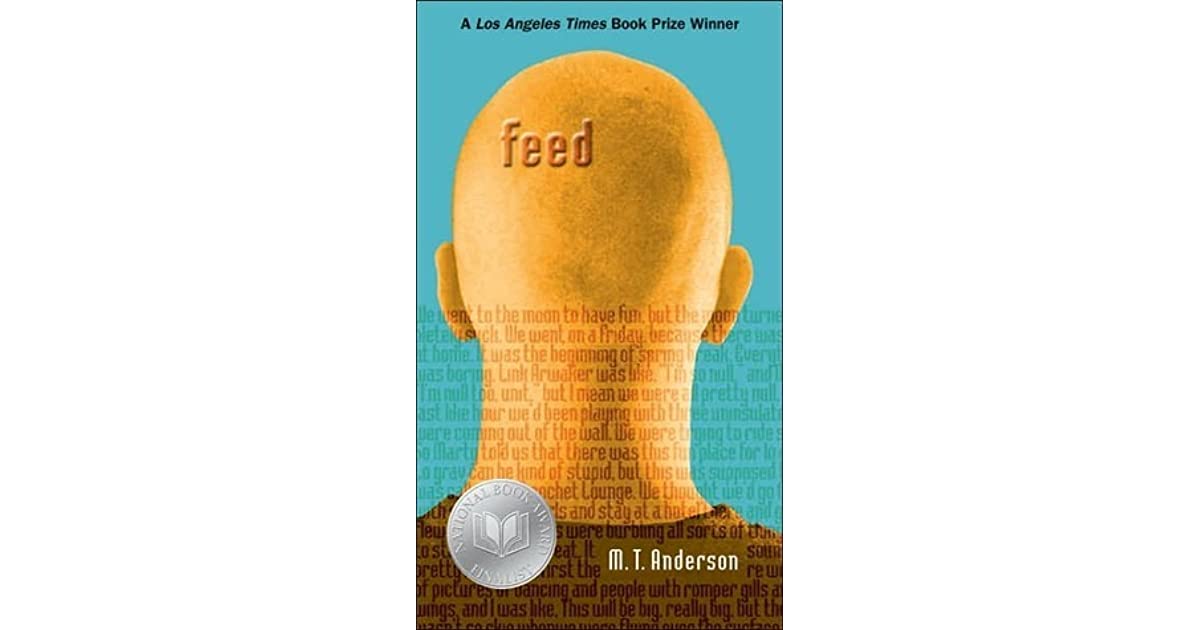Your apartment door clicks, locking itself behind you as you enter the shared stairwell. You make your way down, cement step after cement step, descending past the dusty, yellowing walls, walls plastered with license-plate-sized stencils in black or red spray paint advertising things like household repairs. You might have been whistling a happy tune to yourself by the time you reached the ground floor.
But then then you see it—a clean sheet of white paper with a list of all the tenant names and their respective apartment numbers followed by a couple more columns. And whose name is at the top of this list? Yours.
It’s a ranking of electricity consumption and the corresponding fees for everyone in the building. And you’re the winner with nearly double the usage and cost of anyone else in the building. Congratulations, American. You’re consuming twice the amount of electricity as your Chinese neighbors.
You walk away, feeling like Cersei during her walk of atonement:
Shame.
Shame.
Shame.
I was brought back to that experience of being shamed into action during our discussion of Kim Stanley Robinson’s Ministry for the For the Future, particularly his mention of the 2000 Watt Society, a group that aims to “lower yearly global source energy demand to 2000 watts per person with 75% renewable-energy consumption.”
From eco-terrorism to carbon coins, Robinson explores the real and imagined ways in which humanity will react to the looming challenges of a warming world.
In our podcast, we discuss how Robinson masterfully weaves in compelling characters and story into a near-future setting suffering through climate catastrophe.
This was a wide ranging discussion that had us not only discussing this great work, but also our own collective and individual struggles to live more sustainably, including scraping the mold from old cheese rinds and repurposing what’s left as a fromage fort.
Like Robinson, we wonder if we’re heading more toward a utopia or a dystopia. And we found ourselves asking: Can humanity’s darkest hour birth a brighter future?
The clock is ticking, and the stakes couldn’t be higher.
Are you ready to face the future?
The Ministry for the Future awaits.
Listen to the episode
Explore the show notes
We open with a brief discussion of how, when it comes to efforts to live more sustainably, many people cynically look for any inkling of hypocrisy so that they can dismiss someone or a movement entirely. And this had us thinking about how Greta Thunberg avoided such criticism when she sailed across the Atlantic by boat (rather than flying) to attend a climate conference in New York.
It was this Ezra Klein interview with Kim Stanley Robinson on Vox that led to us selecting this the book for the final podcast of Life Death Sci-fi Season 1.
We loved how he includes some real, current efforts to combat climate change, like the aforementioned 2000 Watt Society and Half Earth Project, an endeavor of the E.O. Wilson Biodiversity Foundation with the “goal of protecting half of the land and sea in order to manage sufficient habitat and reverse the species extinction crisis, ensuring the long-term health of our planet.”
Like George R. R. Martin in Game of Thrones, Robinson creates tension for the reader by creating a sense that something terrible could happen to any of the main characters.
We made some comparisons to other books like World War Z by Max Brooks (listen to S01E10) and Oryx and Crake by Margaret Atwood.
And we get into a lengthy discussion about the struggles of trying to live a zero waste life in a small apartment.
Lastly, a “cheese fort” or fromage fort is real:
*Our theme music is “Alien1963” by Ranzoid.



